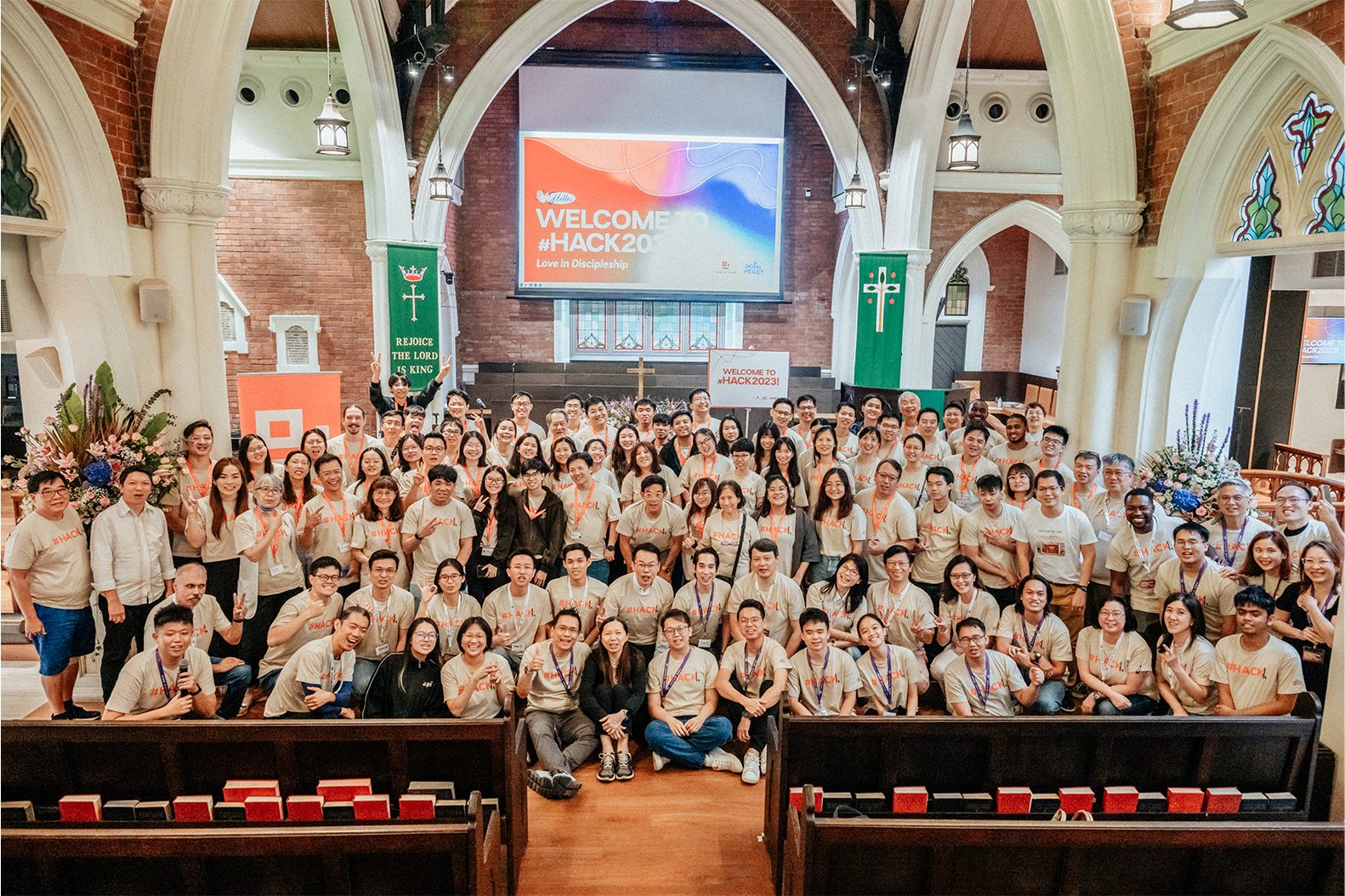A departure from Scripture and tradition.
This was a point emphasised in a pastoral letter by Rev Nathanael Goh from the Chinese Annual Conference (CAC) of the Methodist Church in Singapore.
Shared with CAC pastors and leaders, he was responding to the provisional resolutions on cohabitation and same-sex marriages that were confirmed by the Methodist Church in Britain last Wednesday (June 30).
“Taken together, these decisions are a significant departure from the Methodist Church in Singapore’s theological and ethical positions, as enshrined in our Social Principles of the Methodist Church in Singapore and affirmed in the papers and press releases set out by the National Council of Churches in Singapore (NCCS),” wrote Rev Goh.
But he warned about a bigger problem.
“We are more concerned that the resolutions and amendments taken by the Methodist Church in Britain represent a departure from the clear and consistent witness of Scripture and tradition in relation to marriage and sexual ethics.”
While the Church continues to be a place where all people are welcome, Rev Goh highlighted that the resolutions set forth by the Methodist Church in Britain “appear to go beyond welcome, to affirming cohabitation”.
“An affirmation of the possibility of prevenient grace in this context runs the danger of blurring out the need for scriptural holiness and holy living, made possible by sanctifying grace,” he explained.
“That grace is possible amid broken humanity is not wrong; to give the impression that this possibility requires our affirmation of human brokenness is erroneous.”
Rev Goh also touched on the importance of Christian ethics and moral theology, and how they are related to our faith.
“Our concern with the British Methodist Church’s decision stems from our firm belief that this is a deviation from orthodox Christian ethics. And where Christian ethics is compromised, the undermining of other areas of our creedal faith is seldom far behind,” he said.
Although the Methodist Church in Britain has made provision for ministers to decline from officiating or participating in same-sex marriages based on conscience, there is also an amendment that “curiously states an objection to the marriage may not be made based on sexuality”, Rev Goh pointed out.
“How can the Church be relied upon to nurture the conscience of the faithful, if its message is that obedience, to what for all one knows is a scriptural command, is simply optional and left to the will of individual ministers?”
In reality, Christian sexual ethics is formative for moral agency and conscience.
That is why the attempt to separate conscience and sexual ethics in these resolutions “serves only to postpone the necessity of practical judgement for the sake of a utopian unity”, he elaborated.
“The fact is that these resolutions heavily favour same-sex marriage and cohabitation, while simultaneously narrowing the ground on which conscientious objectors may stand.”
With regard to British Methodist Church’s decision of affirming two opposing ways of understanding marriage – between one man and one woman, and any two people – the motivation also seems to be “a desire to hold off judgment for a tenuous ecclesial unity”, added Rev Goh.
“The attempt to massage both the conscience of the objector and yet uphold the desire of the times leads to a way of a false peace.
“Even in an area as hotly contested as sexual ethics, the Church cannot abdicate the need for fidelity and clarity in our moral decision-making.
“How can the Church be relied upon to nurture the conscience of the faithful, if its message is that obedience, to what for all one knows is a scriptural command, is simply optional and left to the will of individual ministers?”
In an earlier statement last Friday, The Methodist Church in Singapore clarified that the decision made by the British Methodist Church has no influence nor impact on its position, a point also mentioned in the pastoral response.
“Despite this, we are all part of the Body of Christ,” said Rev Goh.
“It is lamentable that the Methodist Church in Britain has introduced resolutions that have moved further away from the ambit of Scripture and tradition. Even in our disagreement, however, let us continue to keep the Methodist Church in Britain in our prayers.
“The discipline, redemption, and transformation of all our desires – including sexual desire – is made possible by the power of the Holy Spirit, and best realised through the practice of social holiness.
“Let us continue to commit to loving God and our neighbour, through working towards building a community that will support all our fellow brothers and sisters on the journey of entire sanctification – bringing all things and all desires into the true freedom that is found in service to Christ our Lord.”
In a Facebook post over the weekend, local prayer and unity movement LoveSingapore also expressed support for The Methodist Church in Singapore “as they hold fast to the truth in love”.
“We support their statement affirming the biblical view of marriage which recognises ‘the love and fidelity of a holy matrimony between a man and a woman,” read the post.
“We stand united on the bedrock of God’s unchanging Word and unfailing love for His creation.”
LoveSingapore also encouraged churches to continue to uphold the standard of God’s Word.
While the Church cannot accept same-sex ideology, it is not against individuals with same-sex attraction and it affirms the intrinsic worth of every human being, it said.
“We stand firmly against discrimination of any kind. Our desire is never for any LGBTQ person to be ostracised.
“Instead, we trust God for opportunities to reach out and connect with them. We want to welcome them, love them, pray for them and journey with them.”
- Do you recognise that God’s created order for mankind does not change based on cultures?
- How can you be faithful to the Word of God while also loving your neighbour?
- How can you pray for the Church in Singapore and beyond?










